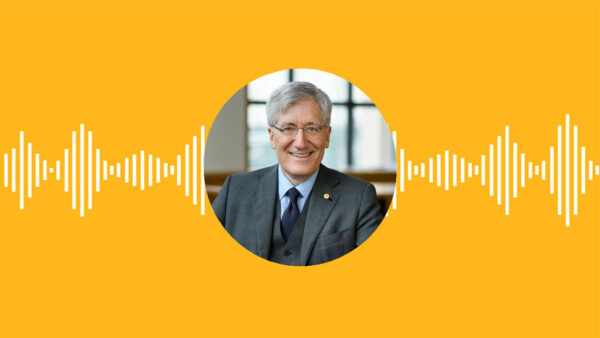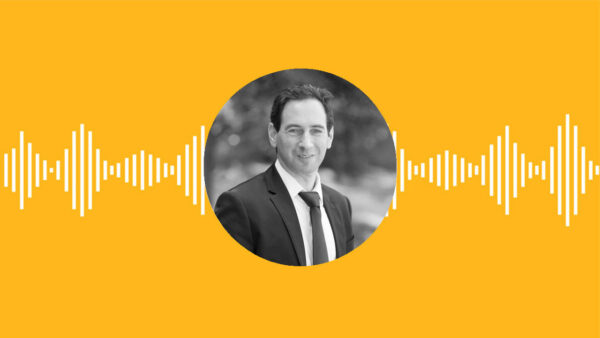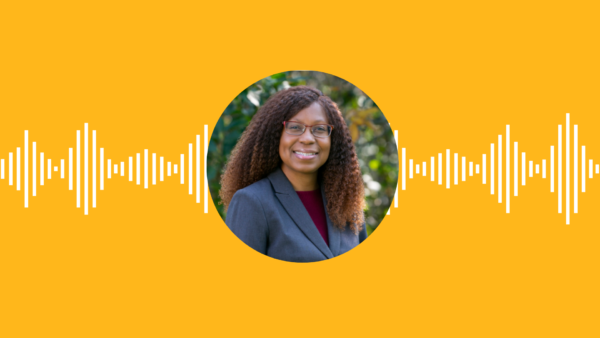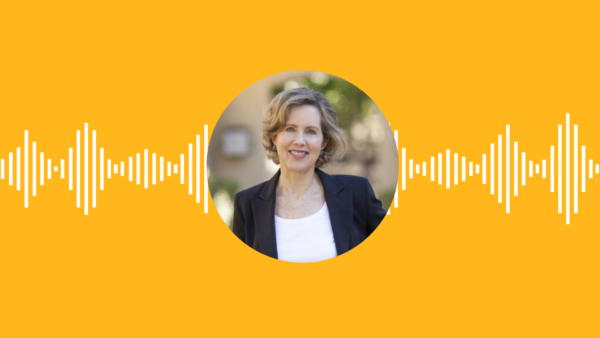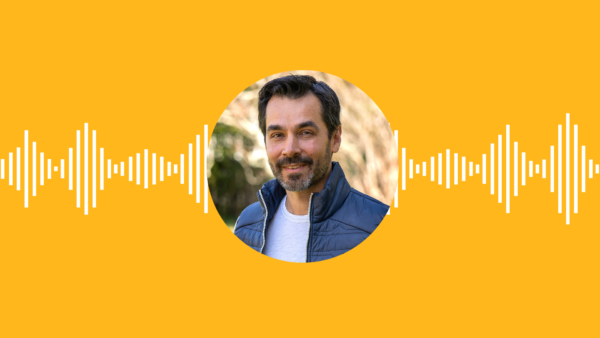
John Rose | Free Speech and Viewpoint Diversity in Higher Education
Nov. 2, 2023
In this thought-provoking episode, Henry Thomson engages in a compelling discussion with John Rose, Associate Director of the Civil Discourse Project at The Kenan Institute for Ethics at Duke University. The conversation revolves around Rose’s course “How to Think in an Age of Political Polarization.” During the interview, Rose delves into the importance of intellectual virtues, the link between humor and political intolerance, and the nuances of discussing contentious topics within the homogenous culture of elite institutions.
This episode kicks off with a captivating story about comedian Jerry Seinfeld visiting Rose’s Duke class. Rose underlines the power of humor in bridging political divides: “Comedy is an important tool because it’s disarming. If you can laugh about something together, chances are, you can disagree about it together. It’s a social lubricant.”
Rose stresses the importance of humor’s role in preserving free speech, highlighting, “Humor actually has a very important role to play. I hope that in our country, when you can’t talk about certain things, anywhere, that the last two places you’ll be able to talk about them would be the college classroom and the stand-up comedy stage, those two last bastions of free speech.”
Rose offers valuable insight into the dynamics of civil discourse in the unique environment of elite institutions. He addresses the potential challenges of discussing contentious topics within homogenous campus cultures, where differing viewpoints may be less common.
Rose’s perspective sheds light on the importance of creating an inclusive space for dialogue and the role that intellectual virtues play in navigating such conversations. Regarding his class “How to Think in an Age of Political Polarization,” Rose underscores the significance of a virtue like charity in interpreting diverse viewpoints. He emphasizes that the class aims to better its students saying, “One of the goals of the class is that my students become better people, not just better thinkers or better citizens, but better people.”
Rose believes in fostering civil conversations that aim for collective understanding rather than domination. He concludes, “Part of the trick, I think, in the class is that you get people to think that there’s nothing really exceptional going on in talking about these things.”
To delve deeper into the insights shared by Rose on the importance of humor, intellectual virtues and civil discourse in our present political climate, we invite you to listen to the full episode of the Keeping It Civil podcast.







